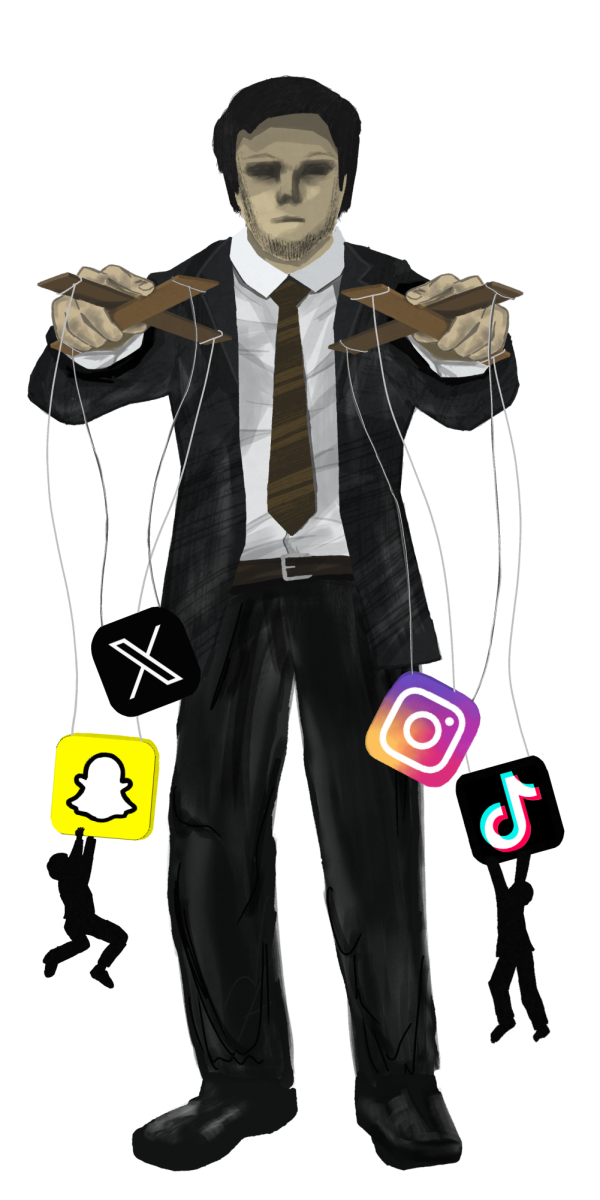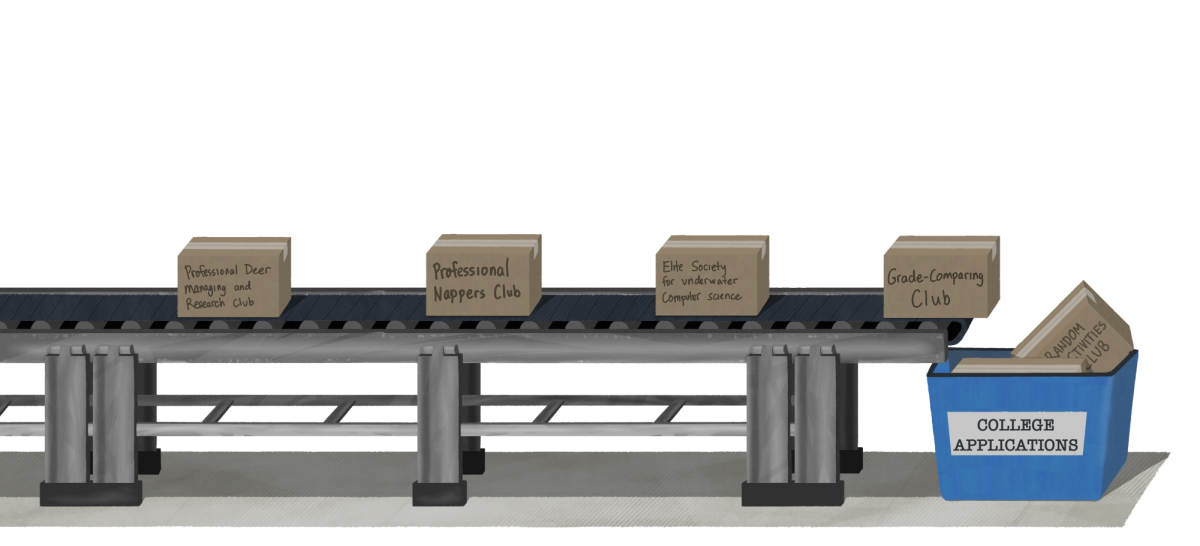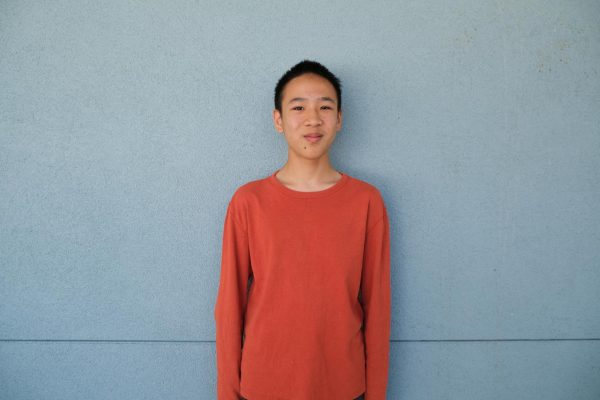People have vastly different perceptions of what beauty is. However, there is one commonality among these ideas: How people treat what they find beautiful. Typically, abnormal acts of generosity and kindness are reserved for certain people solely based on their attractiveness. This treatment can be seen as a seemingly innocent transaction, but on the other side of this, the absence of privilege can have deprecating impacts on people and their self-esteem, as well as diminish the equity of everyday life. Furthermore, the presence of this privilege can be a disservice because it fails to teach important lessons such as struggle and prejudice.
Before divulging into the negatives of this privilege, it is important to understand the depth behind it. According to Vice News, “pretty privilege” is the idea that those who are conventionally attractive, based on current societal beauty standards, are given more opportunities than others. Pretty privilege, however, is not just a concept: It is also a proven science. In a 2019 study conducted by Behavioral Science, conventionally attractive individuals have a greater acquisition of resources and are more likely to experience marital and career success. This study highlights the systemic bias favoring attractive individuals, leading to unequal opportunities. The larger implications are clear: Society’s emphasis on appearance over personal value creates imbalance and undervalues intrinsic qualities, ultimately shaping people’s life outcomes based on looks rather than abilities.
Pretty privilege quietly exists in daily life, but is most apparent and harsh in the media. A primary pop culture example of this is how British singer Adele Adkins was treated before and after her weight loss. The current societal standard of a healthy, attractive body is thin and athletic, which up until 2019, Adele did not have. Once she managed to noticeably lose weight, however, she began receiving positive feedback from the media and was publicized by magazines such as the British Vogue who were surprised by her abrupt, undocumented weight loss. Because of the sudden amount of attention she was receiving, her idle career was given a boost. Adele had been trying to release music in the 5 years prior to her weight loss, but her label had rejected her sampled music. However, after the media attention, Adele was able to release a new album of music, she had said in the November 2023 edition of the British Vogue. Adele immediately gained more success in her musical career once she gained media publicity, which she received because her body was seen as more attractive. This common theme of altering one’s body to comply with societal standards can also be seen in celebrities such as American singer Lana Del Rey and American television personality Kim Kardashian, who all received career benefits after fitting themselves into a beauty standard.
Pretty privilege also affects one’s likelihood of being hired, according to an article written in April 2024 from Business Insider. Labor and employment attorney Robert I. Gosseen told Business Insider that despite the existence of hiring laws that protect candidates against biases, whether racial, economic or due to other circumstances, employers still typically weigh attractiveness as a key factor in hiring. Because the concept of appearance over personal matters is so deeply integrated into aspects of everyday life, from what is seen in the media to the chance of being successful in a career, attractiveness becomes associated with prosperity, wealth and overall wellbeing, furthering the Halo Effect.
While pretty privilege can be seen as beneficial to the people who have it and unaffecting or neutral to those who don’t, it is extremely demeaning and degrading to both parties. Of course, the absence of beauty advantages in a person can be incredibly detrimental because it engraves the message in their head that they are unattractive and undeserving, greatly impacting their self-image and worldview. Having a negative perception on one’s own attractiveness can taint their vision of how they can contribute to or fit into a societal setting. This problematic mindset can cause feelings of inferiority, decreased confidence and limited aspirations, as they believe their efforts will be undervalued due to their appearance. Living without advantages as a reward for one’s beauty while seeing others be rewarded can make them second-guess themselves, which can be frustrating if the more attractive but less qualified individual consistently receives better treatment. It is unfair to judge one based on their appearance in a societal setting, as it undermines the true value of an individual and bases their quality on something they have little control over. This fosters a divided environment where superficial qualities are valued over true abilities and character.
This notion is shown in a study conducted by Stress Health in 2019, which concluded that perceived appearance judgments can affect an individual’s willingness to do something, as well as increase their depressive and stress symptoms.
However, pretty privilege can also be a disservice to those who experience it because it impairs their perception on the realities of life and causes a lack of awareness around biases and struggles. It also creates an illusion that their beauty will be long-lasting and that they won’t experience treatment any different in the future. In actuality, however, it is impossible to keep up with changing beauty standards for a whole lifetime. Once an individual is no longer seen as conventionally attractive, they can be thrown off balance through having to learn what life is like without a pedestal.
In conclusion, the concept of “pretty privilege” permeates various aspects of society, offering disproportionate advantages to those deemed conventionally attractive. While it may seem like a benign or even positive phenomenon for those who benefit from it, the broader implications are far more complex and damaging. This preferential treatment based on appearance not only undermines the self- esteem and opportunities of those who do not fit these beauty standards, but also creates a skewed reality for those who do. This privilege fails to prepare individuals for life’s broader challenges and reinforces superficial societal values over genuine merit. Ultimately, pretty privilege perpetuates an inequitable social structure that prioritizes appearance over substance, leading to a society where true equity and fairness remain elusive. Addressing this issue requires a conscious effort to value individuals for their inherent qualities and contributions, rather than their physical appearance.


























